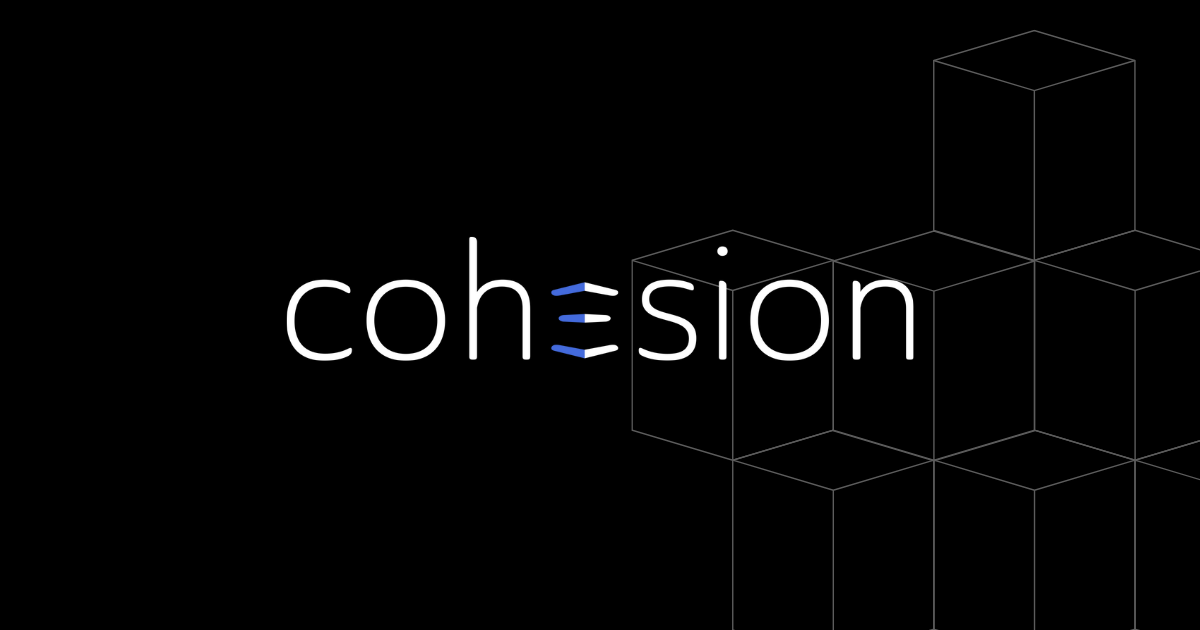We know that true sustainability isn’t just a buzzword—it's a necessity. As the world grapples with the realities of climate change, the push towards net-zero buildings has become more urgent than ever. Achieving a balance where buildings produce as much energy as they consume is a lofty goal, but is increasingly within reach thanks to advancements in smart technology. Let’s explore the current challenges in real estate sustainability, the transformative role of smart tech in overcoming these obstacles, and real-world examples of successful implementations.
Energy Consumption
One of the most significant hurdles in achieving sustainability in real estate is managing energy consumption. Buildings account for approximately 40% of global energy use and a significant portion of greenhouse gas emissions. Traditional energy management systems are often outdated and inefficient, making it difficult to monitor and reduce energy usage effectively. It's a reminder of how much our daily environments can impact the planet.
Operational Inefficiencies
Another challenge is the operational inefficiencies that plague buildings, both new construction and older properties. From HVAC systems running unnecessarily to lighting systems that are on even when no one is present, these inefficiencies waste energy and drive up operational costs. Building managers often lack the real-time data and analytics needed to make informed decisions and so suffer suboptimal performance. Anyone who's ever left a light on by mistake can relate to this problem on a smaller scale.
Regulatory Compliance
As governments implement stricter environmental regulations worldwide, building owners and managers face the pressure of compliance. These regulations often require significant investments in new technologies and retrofits, which can be both costly and complex to implement. The challenge is real, but so is the opportunity to make a meaningful impact.
The Role of Smart Technology in Sustainable Buildings
IoT and Real-Time Monitoring
Imagine living in a building that thinks for you. Enter smart technology—a huge part of the quest for net-zero buildings. IoT sensors, AI analytics, and cloud-based platforms collectively form the backbone of smart buildings.
The Internet of Things (IoT) has revolutionized the way we manage building operations. Smart sensors and devices enable real-time monitoring of energy consumption, allowing for immediate adjustments and optimizations. Whether it's adjusting the thermostat based on occupancy or dimming lights in unoccupied rooms, IoT plays a crucial role in reducing energy waste.
These technologies provide granular data on energy consumption, enabling predictive maintenance and more efficient energy distribution. It's not just about saving energy; it's about creating a better, more sustainable future for all of us.
Predictive Analytics
Imagine having a centralized dashboard that offers real-time insights into every aspect of your building's energy use. You could pinpoint inefficiencies and implement corrective measures instantly.
Predictive analytics powered by AI and machine learning can forecast energy needs based on historical data, weather patterns, and occupancy trends. This allows building managers to proactively manage energy consumption, ensuring that energy is used efficiently and sustainably.
Predictive maintenance also helps in identifying potential issues before they become major problems, further enhancing operational efficiency. Picture it as having a crystal ball that helps you run your building better.
Integrated Building Management Systems
Consider the HVAC system: Traditional systems operate on fixed schedules, often wasting energy when spaces are unoccupied. Smart HVAC systems, on the other hand, adjust settings based on real-time occupancy data, optimizing energy use without compromising comfort.
Modern Building Management Systems (BMS) integrate various building functions into a single platform, providing a comprehensive view of the building's performance. From energy management to security and HVAC systems, an integrated BMS enables centralized control and optimization, making it easier to achieve sustainability goals. It's like having a command center for your building, empowering you to make smarter, greener choices every day.
Achieving net-zero buildings is no longer a distant dream but a tangible reality thanks to smart technology. From real-time monitoring and predictive analytics to integrated building management systems, the tools to drive sustainability in real estate are at our fingertips.
At Cohesion, we are committed to helping business leaders navigate the complexities of sustainable building management. Our smart building solutions are designed to optimize energy use, improve operational efficiency, and ensure regulatory compliance.
Ready to take the next step towards a more sustainable future? Contact us to learn how our cutting-edge solutions can help you achieve net-zero energy goals. Book a Demo now!































